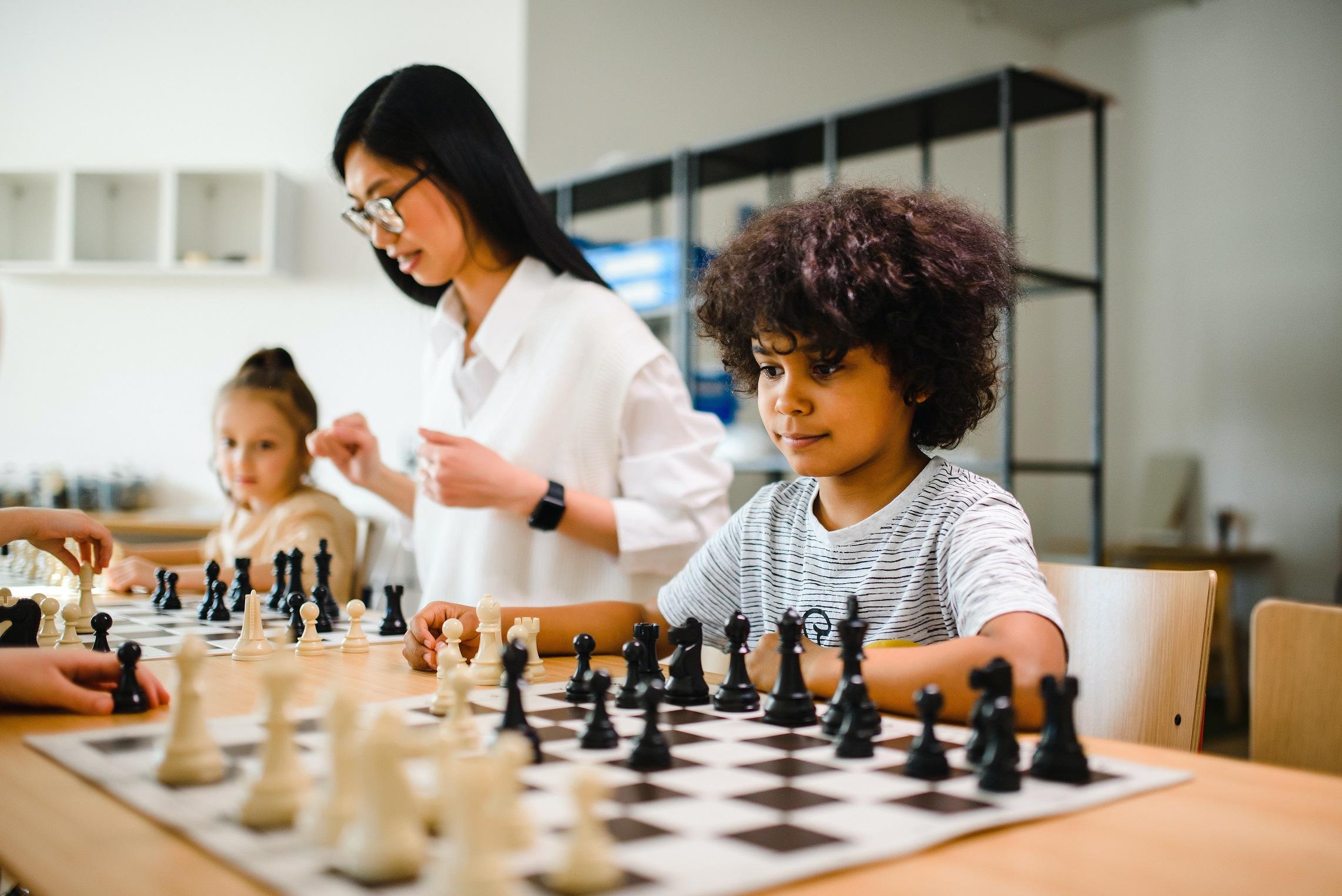


From Child to Chess Grand Master
4 September 2023
Chess is a popular and challenging game that people of all ages enjoy. While many people just play casually, there are world-class players who compete in tournaments. There are a number of titles awarded to top chess players by the International Chess Federation, known as FIDE, with the top title being Grand Master. If your child has the ambition of making it to the top in chess, you might be wondering how you can help them.
Take lessons and join a club
Unless you’re a chess expert yourself, your child is likely to benefit from having a chess teacher. They can learn all the strategy and skills required and spend time with other keen chess players of different ages. There are online tutorials and books if getting a paid teacher isn't an option.
Your child’s school may have a chess club, or you could find one in the community. Once they reach a higher skill level, you may want to join one of the junior clubs on the Development Pathway Scheme set up by the Chess Federation for your country.
Play as many games as possible
The best way to do this is to find someone to play against who is around the same skill level. There are lots of opportunities to play online if you can’t find anyone locally. As your child plays more games, they will develop their own style and strategies. The more practice they get, the better they'll become at making strategic decisions and anticipating the opponent's moves.
Study the best players
Another great way for your child to improve at chess is by studying the best players in the world. There are books, websites, YouTube videos, and live streamed chess competitions they can watch. Not only will this give your child an idea of what it takes to be a true champion, but it can also help them identify specific strategies and techniques they can incorporate into their own game. There are also short, self-contained chess puzzles which your child can work on alone to improve their strategy - these are often printed in newspapers and magazines, or you can find them in books or online.
Join a Chess Federation and Play in Tournaments
It’s important that kids get lots of practice at playing under pressure and this is best achieved by playing in tournaments. The chess federation for your country - e.g. English Chess Federation, will support young people and provide tournaments where they can gain a ranking. Once they have this ranking, they can play more tournaments and try to improve it. This will also allow them to be selected for international tournaments and make their mark on the international stage.
If you have a child interested in learning how to play chess, you can do lots to support them and help them succeed. There’s no reason they shouldn’t aim for Grand Master status - unlike physical sports, they can keep improving at chess as they get older.
